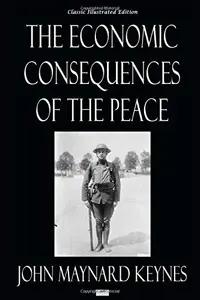The Economic Consequences of the Peace
By John Maynard Keynes
Category
EconomicsRecommended by
"The Economic Consequences of the Peace" by John Maynard Keynes provides a compelling analysis of the Treaty of Versailles and its potential negative impact on European economies in the aftermath of World War I.
Keynes, a prominent economist and influential figure at the Paris Peace Conference, argues that the harsh terms imposed upon Germany by the Allies, namely substantial reparations payments and territorial adjustments, create an unsustainable economic situation. He highlights the dangers of demanding excessive reparations, warning that they would cripple the German economy and trigger broader European economic instability.
In his concise and precise analysis, Keynes explains how these economic consequences would affect Europe as a whole. He emphasizes the interconnectedness of economies and the domino effect that a weakened German economy could have on neighboring nations. Keynes argues that the imposition of heavy reparations on Germany could disrupt trade relationships and undermine economic cooperation among European countries.
Through his thought-provoking critique, Keynes challenges conventional wisdom and calls for a rational reassessment of the peace terms. He proposes alternative solutions, such as an international loan to assist Germany in rebuilding its economy and offering a more reasonable path toward recovery.
"The Economic Consequences of the Peace" serves as a timeless reminder of the critical importance of economic stability in shaping political and social order. Keynes argues that imposing excessive economic burdens on defeated nations can lead to resentment, political instability, and a greater likelihood of future conflicts.
This concise and insightful book offers readers a deeper understanding of the economic complexities involved in post-war peace negotiations and the repercussions these decisions can have on global stability. It remains an indispensable work for anyone interested in the interplay between economics, politics, and historical events, providing valuable lessons that continue to resonate today.
Keynes, a prominent economist and influential figure at the Paris Peace Conference, argues that the harsh terms imposed upon Germany by the Allies, namely substantial reparations payments and territorial adjustments, create an unsustainable economic situation. He highlights the dangers of demanding excessive reparations, warning that they would cripple the German economy and trigger broader European economic instability.
In his concise and precise analysis, Keynes explains how these economic consequences would affect Europe as a whole. He emphasizes the interconnectedness of economies and the domino effect that a weakened German economy could have on neighboring nations. Keynes argues that the imposition of heavy reparations on Germany could disrupt trade relationships and undermine economic cooperation among European countries.
Through his thought-provoking critique, Keynes challenges conventional wisdom and calls for a rational reassessment of the peace terms. He proposes alternative solutions, such as an international loan to assist Germany in rebuilding its economy and offering a more reasonable path toward recovery.
"The Economic Consequences of the Peace" serves as a timeless reminder of the critical importance of economic stability in shaping political and social order. Keynes argues that imposing excessive economic burdens on defeated nations can lead to resentment, political instability, and a greater likelihood of future conflicts.
This concise and insightful book offers readers a deeper understanding of the economic complexities involved in post-war peace negotiations and the repercussions these decisions can have on global stability. It remains an indispensable work for anyone interested in the interplay between economics, politics, and historical events, providing valuable lessons that continue to resonate today.
Share This Book 📚
More Books in Economics
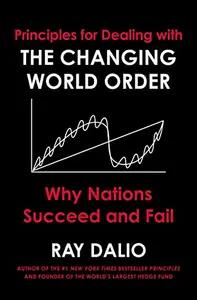
Principles for Dealing With The Changing World Order
Ray Dalio
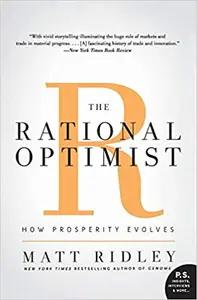
The Rational Optimist
Matt Ridley
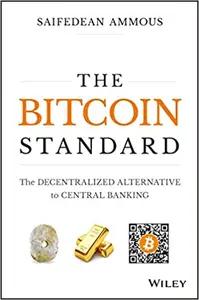
The Bitcoin Standard
Saifedean Ammous
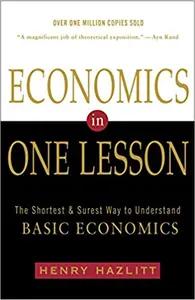
Economics in One Lesson
Henry Hazlitt
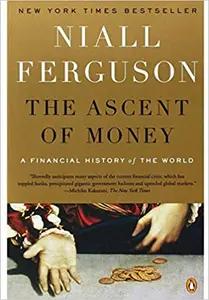
The Ascent of Money
Niall Ferguson

Enlightenment Now
Steven Pinker
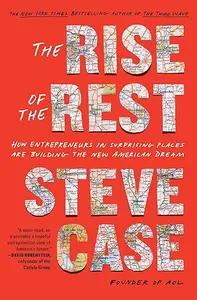
The Rise of the Rest
Steve Case

The Road to Serfdom
F.A. Hayek
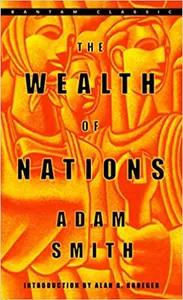
The Wealth of Nations
Adam Smith
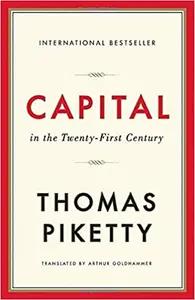
Capital In The 21st Century
Thomas Piketty
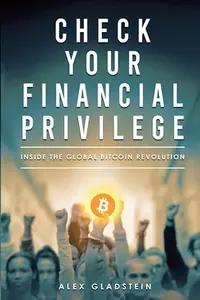
Check Your Financial Privilege
Alex Gladstein
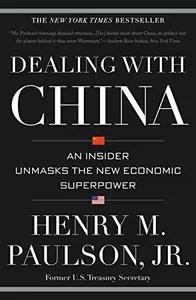
Dealing with China
Henry Paulson
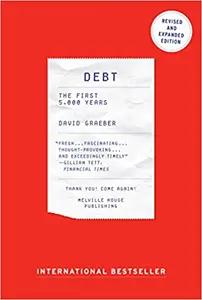
Debt
David Graeber
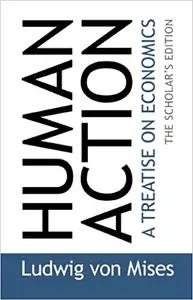
Human Action
Ludwig Von Mises
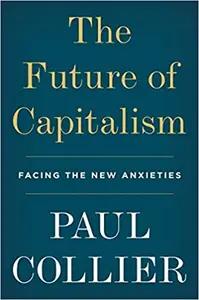
The Future of Capitalism
Paul Collier

The Prize
Daniel Yergin
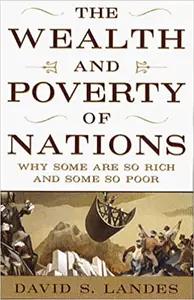
The Wealth and Poverty of Nations
David Landes

Thinking In Systems
Donella H. Meadows
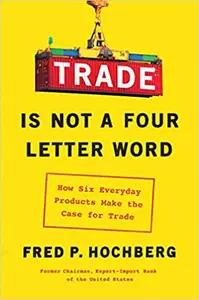
Trade Is Not A Four Letter Word
Fred Hochberg
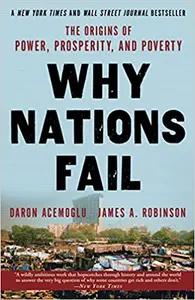
Why Nations Fail
Daron Acemoglu
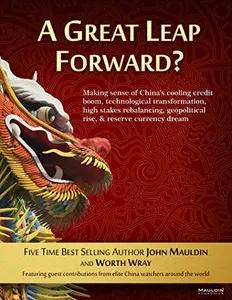
A Great Leap Forward?
John Mauldin & Worth Wray
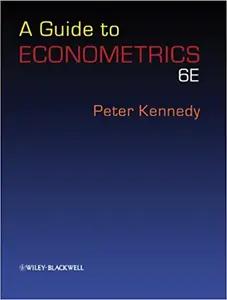
A Guide To Econometrics
Peter E. Kennedy
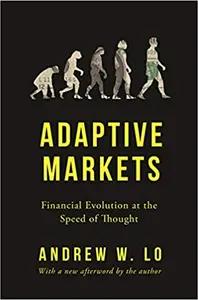
Adaptive Markets
Andrew Lo
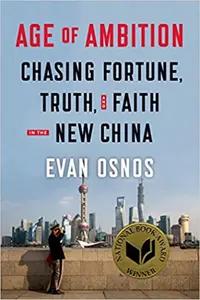
Age Of Ambition
Evan Osnos

An Apology for the Builder
Nicholas Barbon
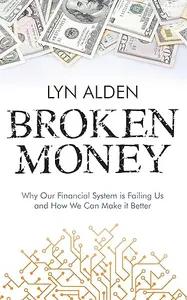
Broken Money
Lyn Alden
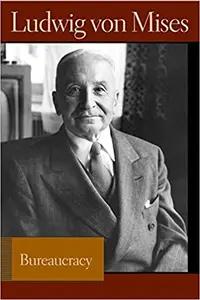
Bureaucracy
Ludwig Von Mises
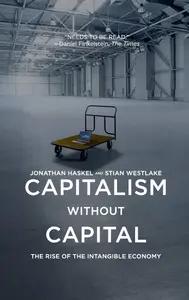
Capitalism Without Capital
Jonathan Haskel & Stian Westlake

Central Banking 101
Joseph Wang
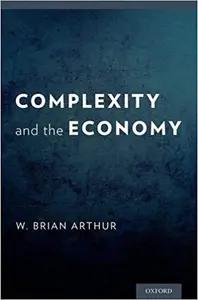
Complexity and the Economy
W. Brian Arthur
Popular Books Recommended by Great Minds 📚

Principles for Dealing With The Changing World Order
Ray Dalio

The Checklist Manifesto
Atul Gawande
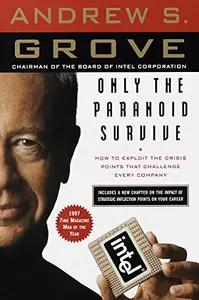
Only the Paranoid Survive
Andy Grove
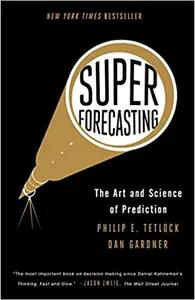
Superforecasting
Philip Tetlock
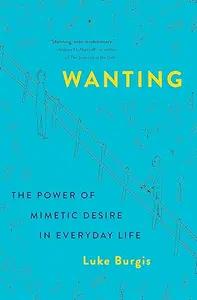
Wanting
Luke Burgis
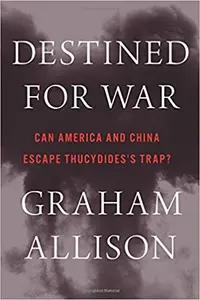
Destined For War
Graham Allison
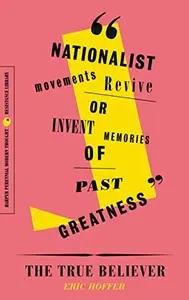
The True Believer
Eric Hoffer
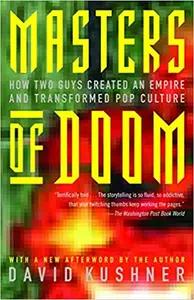
Masters of Doom
David Kushner
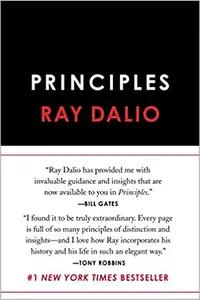
Principles
Ray Dalio

Poor Charlie's Almanack
Charlie Munger
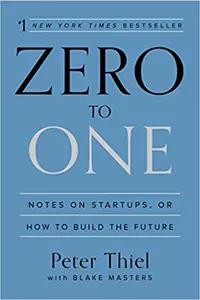
Zero to One
Peter Thiel
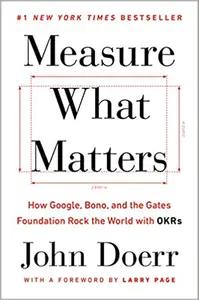
Measure What Matters
John Doerr
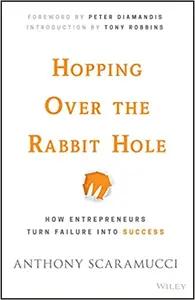
Hopping Over The Rabbit Hole
Anthony Scaramucci

The Innovators Dilemma
Clayton Christensen

The Bitcoin Standard
Saifedean Ammous
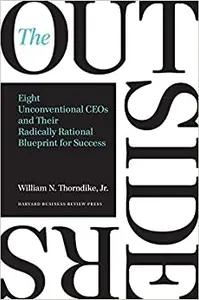
The Outsiders
William Thorndike

How to Change Your Mind
Michael Pollan

The Lord of the Rings
J.R.R. Tolkien

Dune
Frank Herbert

Surely You're Joking Mr. Feynman
Richard Feynman

When Breath Becomes Air
Paul Kalanithi
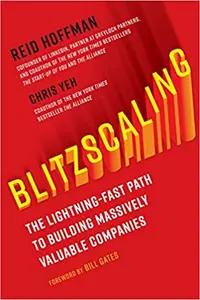
Blitzscaling
Reid Hoffman
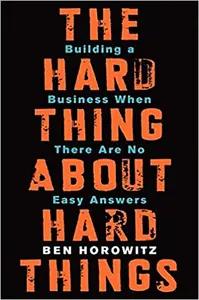
The Hard Thing About Hard Things
Ben Horowitz

Who We Are and How We Got Here
David Reich

Range
David Epstein
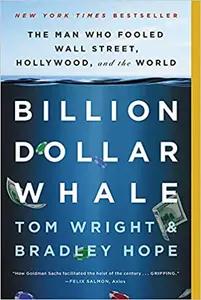
Billion Dollar Whale
Tom Wright
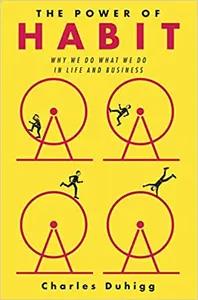
The Power of Habit
Charles Duhigg
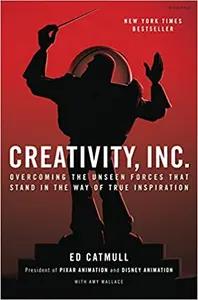
Creativity, Inc.
Ed Catmull
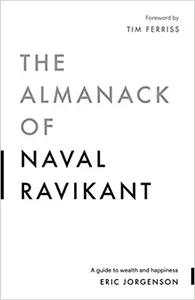
The Almanack of Naval Ravikant
Eric Jorgenson
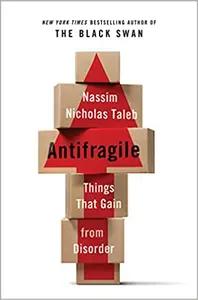
Antifragile
Nassim Nicholas Taleb
